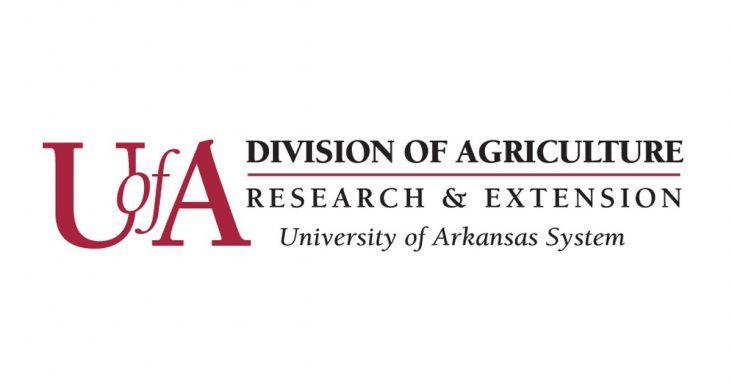Nathan Slaton named Fellow by Soil Science Society of America
by June 30, 2017 11:29 am 174 views

Nathan Slaton, a professor of Crop, Soil and Environmental Sciences in the University of Arkansas System Division of Agriculture, has been named a Fellow of the Soil Science Society of America.
Slaton, director of soil testing in the Department of Crop, Soil, and Environmental Sciences, evaluates soil fertility, fertilizers and fertilization strategies that promote efficient nutrition uptake by crops with emphasis on rice, soybean and wheat production systems and warm-season forages. He also develops nutrient management recommendations using soil testing and plant analysis with emphasis on phosphorus, potassium, nitrogen, boron and zinc; and assesses nutrient availability in poultry litter and other organic nutrient sources.
According to a U of A System Division of Agriculture news release, Slaton’s responsibilities include the division’s Soil Testing and Research Lab in Marianna. The lab offers free soil testing services for Arkansas farmers, gardeners, homeowners and others who work with plants. The lab tests 160,000 to 200,000 soil samples each year.
SSSA Fellow is the highest recognition awarded to soil science professionals for contributions to soil science. Slaton is one of just 12 honorees for 2016-17.
Slaton, also a professor in the Dale Bumpers College of Agricultural, Food and Life Sciences at the University of Arkansas, earned his bachelor’s degree from Murray State University in 1986, and his master’s degree in 1989 and doctorate in 1998, both from the U of A.
Slaton, according to the release, was a divisional associate editor for SSSA from 2009-13 and has been technical editor since 2014. He has also served as secretary, vice president/program chair and president of the Southern Branch of the American Society of Agronomy; and as vice president and president of the Arkansas Plant Food Association.
SSSA is the largest soil-specific society in the United States. Members advance the field of soil science and provide information about soils in relation to crop production, environmental quality, ecosystem sustainability, bioremediation, waste management, recycling and wise land use.
